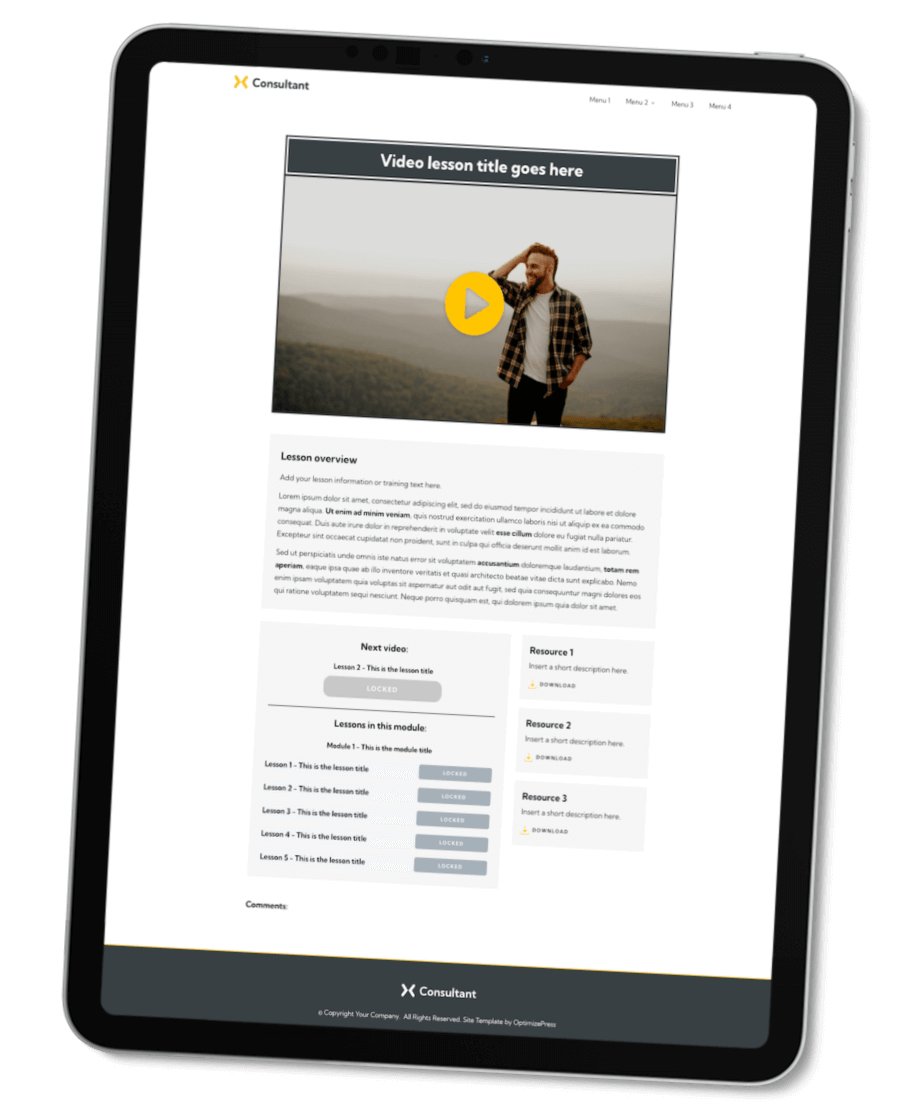How Meditation Benefits Children
We are most familiar with the benefits of meditation on adults as it has been a common health, wellness, and stress management technique. It has newly been realized that meditation benefits kids as well and is continuously being studied.
The research on the developing brain of children meditating shows us that meditation and mindfulness positively impacts their brains and behaviors. Some of the benefits that research discovered regarding what meditation and mindfulness can offer kids are better mental health, self-awareness, self-regulation, and social-emotional development.
Increase Attention
In 2004, the study Sahaja Yoga Meditation as a Family Treatment Programme for Children with Attention Deficit-Hyperactivity Disorder found that children with ADHD who learned meditation with their parents twice a week in a clinical setting, and then continued to practice at home, had better concentration at school.
Mindfulness-based cognitive therapy for children (MBCT-C) has also been shown to help improve attention and behavior problems and reduce anxiety in kids with high anxiety levels.
A study in 2013 showed that boys with ADHD, in an eight-week training on mindfulness, significantly reduced hyperactive behaviors and improved concentration.
Other research has shown benefits for attention deficit hyperactivity disorder (ADHD), anxiety, depression, school performance, sleep, behavior problems, and eating disorders.
A randomized controlled trial of 300 low-income, minority urban middle-schoolers using school-based mindfulness instruction led to improved psychological functioning and lower levels of posttraumatic stress disorder (PTSD) symptoms.

Better Mental Health
Meditation is assumed to benefit the overall mental health of children as much as in adults. As mentioned in the study above on MBCT-C, the small number of children who started out with high anxiety had lowered anxiety symptoms at the end of their 12-week treatment!
Another study found that an after-school yoga program, that also includes meditation practice, helped kids feel happier and more relaxed. Yoga itself has been shown to help reduce anxiety, depression, and fatigue in children compared to the usual physical education. This study is able to back this up further as it found that a mindful yoga treatment helped kids improve their ability to self-regulate over the one-year study period.
Self-Awareness and Self-Regulation
Mindfulness is intimately connected to self-awareness which naturally extends to self-regulation. If you learn to be more aware of your thought processes and emotions in the present moment, it follows that you would become more in charge of your reactions and behaviors.
Mindfulness teaches the children to connect with themselves. It allows them to be more empathic, kind to others, and kind to their communities.
Kids that are really impulsive learn to develop that pause between stimulus and reaction. Meditation develops children in the skills to realize when they are angry or when they feel stress arising. Consequently, they learn the skills to de-escalate on their own.
Social-Emotional Development
This study found that a socio-emotional learning program coupled with mindfulness practice was more effective than a regular social responsibility program. Children in the former program had greater empathy and emotional control, compared to the control group. They were also more perspective-taking and “prosocial,” and had lower levels of the stress hormone cortisol than their counterparts in the control group!
Conclusion
Children's meditation helps them learn how to share their love with other children. They become more patient and more understanding. They listen more readily to others and are able to empathize with them. One study looked at the effectiveness of the Mindful Schools program on around 400 low-income, mostly minority elementary-school students. It was found that after five weeks of regular mindfulness sessions, teachers reported that students became not only more focused and participative but also, more caring.
